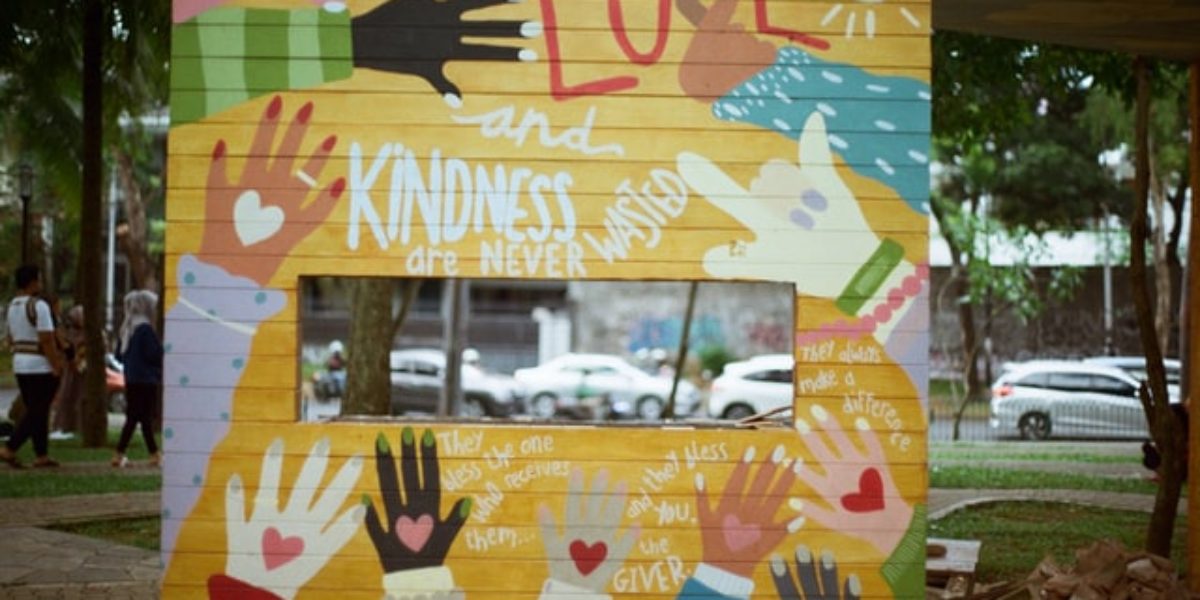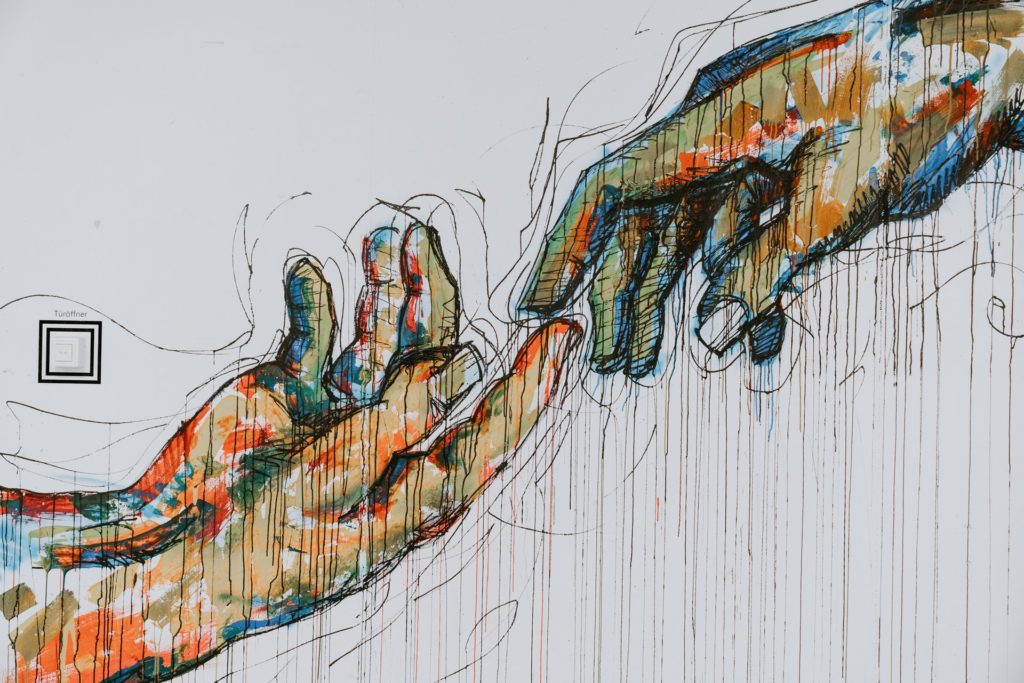Kindness breeds kindness
What does self-compassion really mean and how can it make us better trainers?
Compassion makes up three components, these being – kindness, common humanity and mindfulness.
We can all fall victim to our own harsh critical voice. We beat ourselves up unkindly and often subject ourselves to harsh self-judgement. Would we speak to ourselves this way if were our own best friend?
Believe it or not, it is possible to take on the role of ‘best friend’ to ourselves and become our own inner ally rather than our inner enemy.
Understanding
When we experience difficult emotions, simply noticing that they are there is the first big step. The next step is to acknowledge the emotion and notice where we feel it and, indeed, what the emotion actually is.
It might help to label the emotion, meeting it, as if a visitor at your door. “Ahh, hello again insecurity, here you are again!”
We can then exercise self-compassion to self-soothe and bring some relief.
There are several ways that one can self-soothe at work:
- Using conscious breathing as soon as the stress hits, immediately take a few slow deep breaths
- Engage in positive self-talk, talking to yourself as if you would a friend who was under stress.
- Develop a witness state, not becoming too attached or judgemental about the situation that you are having difficulty with.
- Not feeling responsible for the karma of others, reminding yourself that everyone is walking their own path.
Techniques to help
Visualisation – for example, you can imagine you are breathing in positive energy and breathing out negative energy. Stress is reduced by keeping the energy flowing out of your body.
Touch – one can either place a hand over the heart (the centre for unconditional love), or soothe by hugging the shoulders or stroking the arm, in the same way as your best friend might offer comfort to you. This action will activate biochemicals called endorphins throughout the body. The good news is, our nervous system can’t tell the difference as to whether this soothing action is performed by our friend or ourselves. The bodies nervous system responds in the same way.
Self-compassion and self-soothing – both are very powerful and yield a number of benefits. They lower anxiety and depression, and enable people to recognise when they are suffering. Being kind to oneself at these times will build resilience and lessen the risk of needing time off work with stress and succumbing to ill health.
Self-compassion isn’t selfish. You might be familiar with the instruction we hear on any flight before take-off: “Ensure you fix your own oxygen mask first before attending to others”. No-one can give from an empty cup, so by sustaining and supporting ourselves first, it enables us to have more to give and means we are less likely to reach a state of overwhelm and burn out.
Seeing is believing
Most of our time we are in a virtual reality. One can consider how much time we were there today? What was the atmosphere, or the flavour of the thinking? We develop our role in the scenario – hero or victim etc.
Mindfulness creates space to allow choice: “I’m not my thoughts – I don’t have to believe them.”
When we look closely, they are images and sound bites, and they are representational of life. But they are often misguided and can lead to unwise action and further suffering.

Positive reactions
Self-compassion can feel very alien at first, especially if the habit of critical self-talk is very much engrained. Neural pathways take a lot of rounds to decondition, but every round loosens the grip. It’s important to take it slowly and be kind to ourselves about our attempts at being kind to ourselves!
It begins with noticing, being the witness of how one responds to oneself. Are we speaking with kindness or harshness? Are we our own inner enemy or inner ally?
Simply noticing how we speak to ourselves is the first step in developing more self-compassion. This builds on our ability to look after ourselves and the knock-on effect this has on our ability to keep showing up as a more compassionate version of ourselves – rather than succumbing to burn out and compassion fatigue. Without out this self-supporting kindness, we can often become exasperated and less kind to others in our responses that then follow.

San Harper is a Grade A driving instructor and has been working in the driver training industry for 18 years. As a qualified teacher of several Mindfulness based Interventions, San has been designing and delivering courses to ADIs throughout the UK and corporate global teams.




